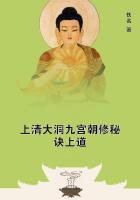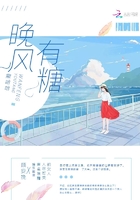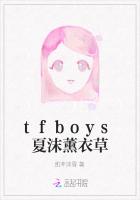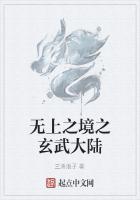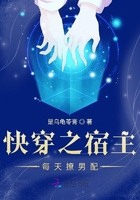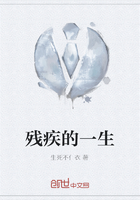THE DEVELOPMENT OF PUBLIC UTILITIES
The streets of practically all American cities, as they appeared in 1870 and as they appear today, present one of the greatest contrasts in our industrial development.Fifty years ago only a few flickering gas lamps lighted the most traveled thoroughfares.
Only the most prosperous business houses and homes had even this expensive illumination; most obtained their artificial light from the new illuminant known as kerosene.But it was the mechanism of city transportation that would have looked the strangest in our eyes.New York City had built the world's first horse-car line in 1832, and since that year this peculiarly American contrivance has had the most extended development.In 1870, indeed, practically every city of any importance had one or more railways of this type.New York possessed thirty different companies, each operating an independent system.In Philadelphia, Chicago, St.
Louis, and San Francisco the growth of urban transportation had been equally haphazard.The idea of combining the several street railways into one comprehensive corporation had apparently occurred to no one.The passengers, in their peregrinations through the city, had frequently to pay three or four fares;competition was thus the universal rule.The mechanical equipment similarly represented a primitive state of organization.Horses and mules, in many cases hideous physical specimens of their breeds, furnished the motive power.The cars were little "bobtailed" receptacles, usually badly painted and more often than not in a desperate state of disrepair.In many cities the driver presided as a solitary autocrat; the passengers on entrance deposited their coins in a little fare box.At night tiny oil lamps made the darkness visible; in winter time shivering passengers warmed themselves by pulling their coat collars and furs closely about their necks and thrusting their lower members into a heap of straw, piled almost a foot deep on the floor.
Who would have thought, forty years ago, that the lighting of these dark and dirty streets and the modernization of these local railway systems would have given rise to one of the most astounding chapters in our financial history and created hundreds, perhaps thousands, of millionaires? When Thomas A.
Edison invented the incandescent light, and when Frank J.Sprague in 1887 constructed the first practicable urban trolley line, in Richmond, Virginia, they liberated forces that powerfully affected not only our social and economic life but our political institutions.These two inventions introduced anew phrase--"Public Utilities." Combined with the great growth and prosperity of the cities they furnished a fruitful opportunity to several particularly famous groups of financial adventurers.They led to the organization of "syndicates" which devoted all their energies, for a quarter of a century, to exploiting city lighting and transportation systems.These syndicates made a business of entering city after city, purchasing the scattered street railway lines and lighting companies, equipping them with electricity, combining them into unified systems, organizing large corporations, and floating huge issues of securities.A single group of six men--Yerkes, Widener, Elkins, Dolan, Whitney, and Ryan--combined the street railways, and in many cases the lighting companies, of New York, Philadelphia, Chicago, Pittsburgh, and at least a hundred towns and cities in Pennsylvania, Connecticut, Rhode Island, Massachusetts, Ohio, Indiana, New Hampshire, and Maine.Either jointly or separately they controlled the gas and electric lighting companies of Philadelphia, Reading, Harrisburg, Atlanta, Vicksburg, St.
Augustine, Minneapolis, Omaha, Des Moines, Kansas City, Sioux City, Syracuse, and about seventy other communities.A single corporation developed nearly all the trolley lines and lighting companies of New Jersey; another controlled similar utilities in San Francisco and other cities on the Pacific Coast.In practically all instances these syndicates adopted precisely the same plan of operation.In so far as their activities resulted in cheap, comfortable, rapid, and comprehensive transit systems and low-priced illumination, their activities greatly benefited the public.The future historian of American society will probably attribute enormous influence to the trolley car in linking urban community with urban community, in extending the radius of the modern city, in freeing urban workers from the demoralizing influences of the tenement, in offering the poorer classes comfortable homes in the surrounding country, and in extending general enlightenment by bringing about a closer human intercourse.Indeed, there is probably no single influence that has contributed so much to the pleasure and comfort of the masses as the trolley car.
Yet the story that I shall have to tell is not a pleasant one.It is impossible to write even a brief outline of this development without plunging deeply into the two phases of American life of which we have most cause to be ashamed; these are American municipal politics and the speculative aspects of Wall Street.
The predominating influences in American city life have been the great franchise corporations.Practically all the men that have had most to do with developing our public utilities have also had the greatest influence in city politics.In New York, Thomas F.



